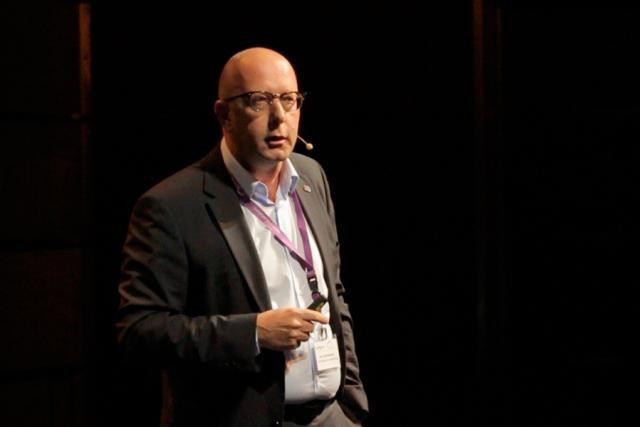Expected to receive €5m in funding across three years, Universeh--or The European Space University for Earth and Humanity--foresees cooperation amongst the partner universities, with a potential to reach up to 140,000 students and staff.
In addition to the University of Luxembourg, Universeh includes the Université de Toulouse (France), Heinrich-Heine-Universität Düsseldorf (Germany), Luleå tekniska universitet (Sweden) and Akademia Górniczo-Hutnicza im. Stanisława Staszica w Krakowie (Poland).
Dr Eric Tschirhart, leading the participation for the University of Luxembourg, likened the initiative which is linked to the Erasmus+ programme through the EU Commission to “a testbed for European universities”.
As he explained to Delano during a recent interview, “The objective of the European Commission is to implement a consortium audience of universities [to] enhance student and staff mobility … and also to develop new programmess for students."
There is vast potential in the programme, but from his perspective amongst the more important aspects is "having a European diploma which is recognised in all countries... this enormously ambitious idea is a legal issue, because we should find a way in Europe to give a diploma to somebody with a legal entity, which is secure and also that is recognised by all states. This is one of the major objectives.”
Jobs of the future
Universeh focuses on four main pillars, including space for societal challenges, space sustainability, space exploration and space resources & life outside of Earth.
First courses linked to the programme are expected to start by autumn 2021. Tschirhart says that while moving students abroad for one or more semesters is a more classical approach, he also envisions crash courses or visits to partner organisations. “We would still like to have some summer schools and also plan winter schools in Sweden, when it's really cold, because they also have a rocket launch pad [there], so we want to take students over [to see] that, so they see that space is diverse,” he said.
Universeh aims to contribute to Europe’s long-term space sector growth, also in terms of preparation for jobs of the future across a variety of disciplines. Tschirhard is aware of the vast potential in the space sector, also from this multidisciplinary approach, including the possibility to better understand the psychology of those traveling through space down to applications using space data to improve farming, for example.
For those hiring in the space sector, “they have such a long-term vision, talking about 10, 15, 20 years’ view or more, the timescale is completely different,” Tschirhart said.
“When you talk about talent acquisition [with] them, they are capable [of] transfer[ring] their decision-making process within 10 years…we are building a programme with them for something that is potentially not known within the next 10 years.”
